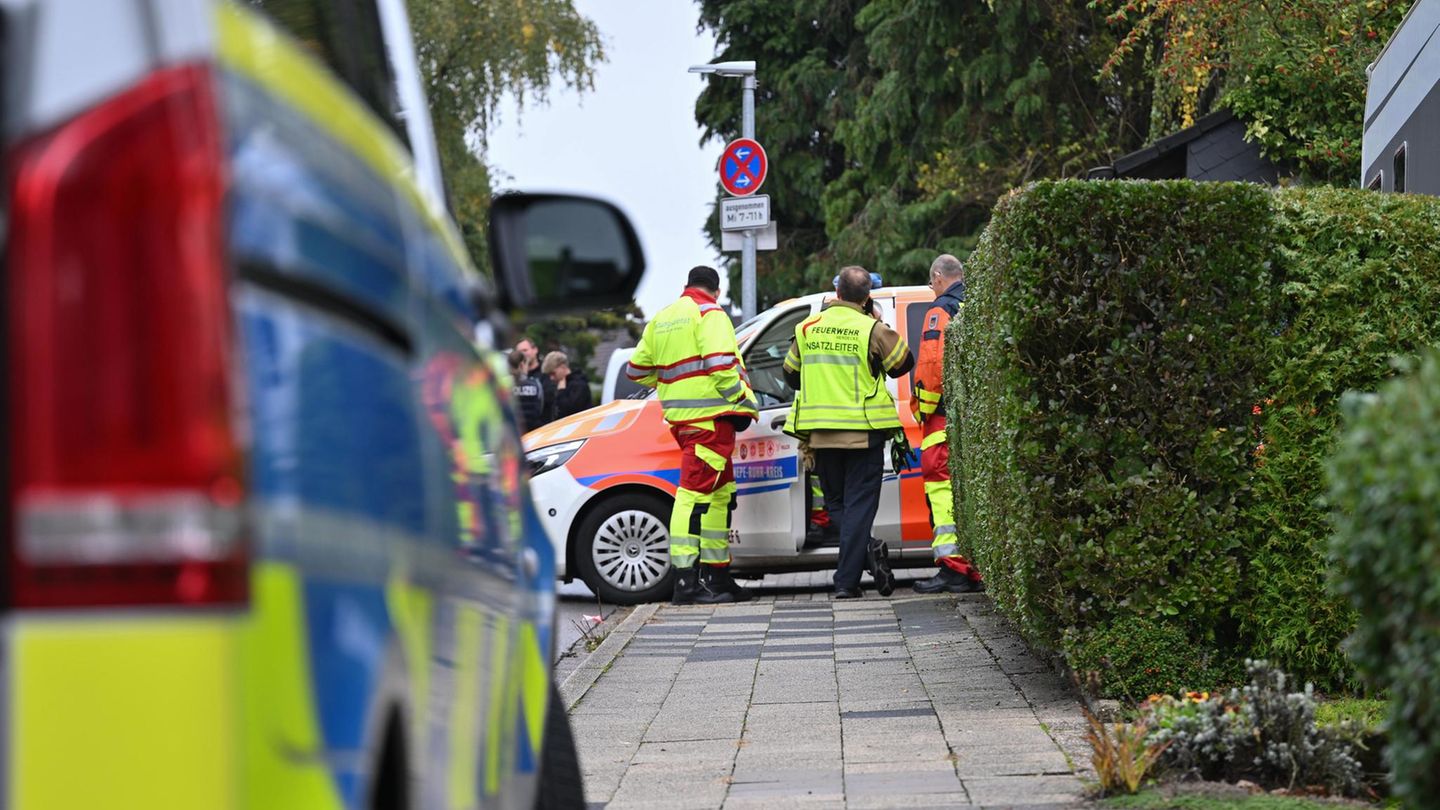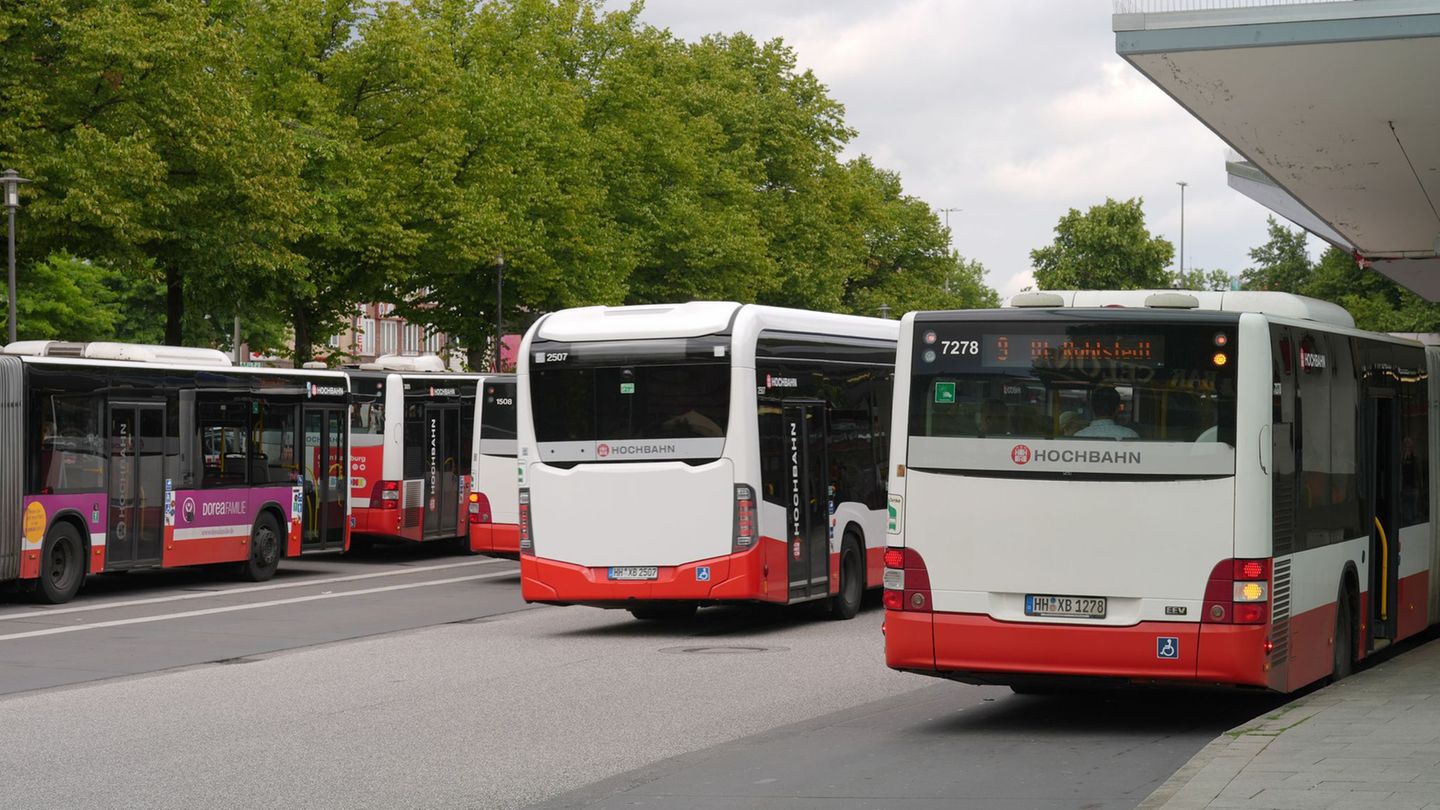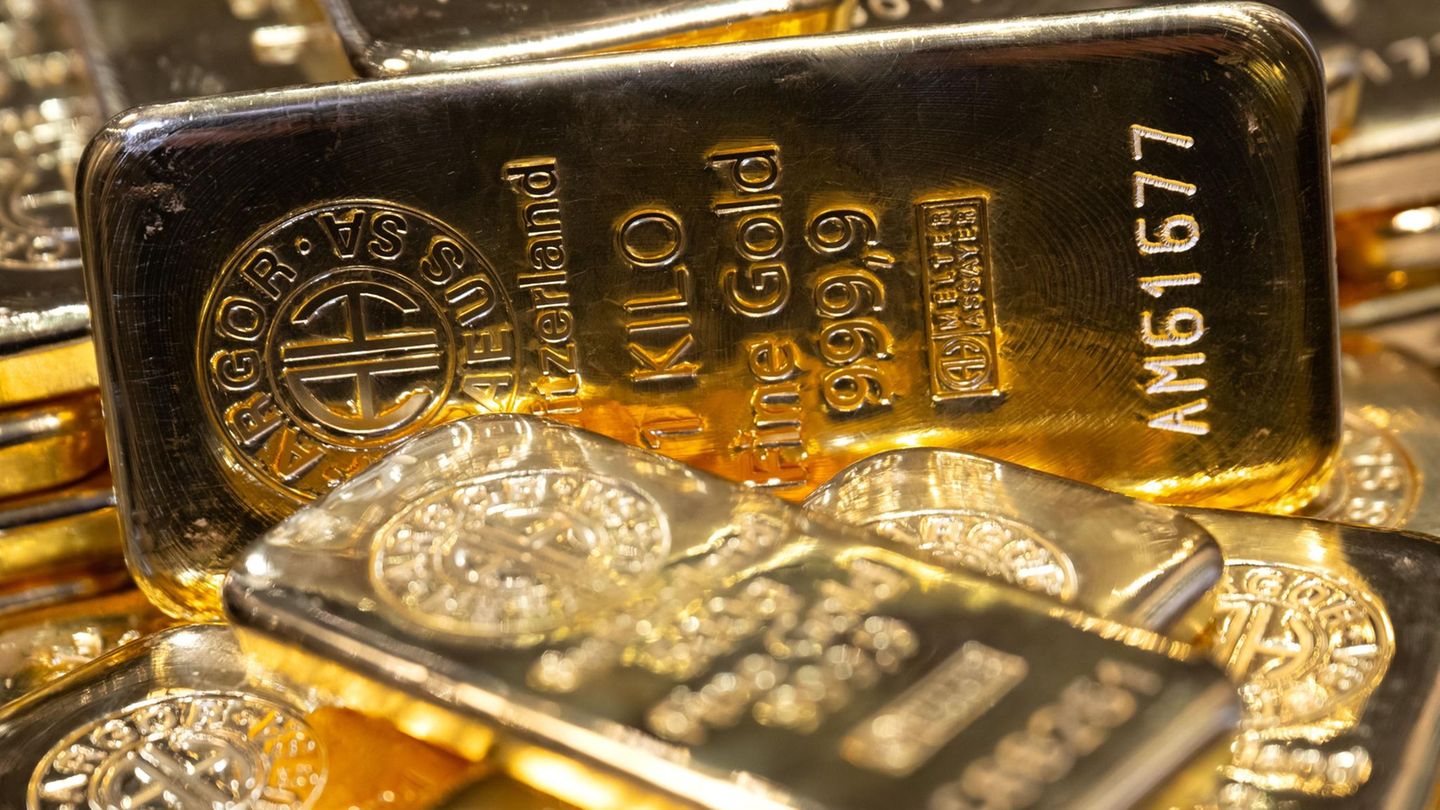The turkey farmers criticize that this is fueled by the trade, which presents Austrian turkey meat alongside cheap meat from abroad.
“We want a clear commitment from the trade to present our goods and a complete conversion to Austrian turkeys,” demanded Michael Wurzer, Managing Director of the “Central Working Group of the Austrian Poultry Industry” (ZAG), in an interview with APA. Some supermarket chains are currently selling turkey breast from abroad at prices of 8 to 9 euros per kilo, while Austrian goods are right next to them for 17 or 18 euros, Wurzer criticized. The turkey meat from organic farming comes to around 30 euros per kilo. Money that many do not currently have.
The fatteners have already noticed a drop in orders and have to sell their turkeys abroad at low prices, says Wurzer. The approximately 200 domestic turkey farms can supply about half of the Austrian market. However, since very little local turkey meat is bought in the catering trade, the industry could completely supply the food trade with fresh turkey with Austrian goods, the ZAG managing director admitted.
Differences in the Rewe Group
According to their own statements, the grocers Billa and Billa Plus (Rewe) have only been selling fresh meat from Austrian production since spring 2020. However, this does not apply to the Penny discount chain, which also belongs to the Rewe Group. Market leader Spar obtains the turkey meat for its cheap brand “S-Budget” from Germany and Italy, for “Spar Feinstes Huhn” from Austria, with the turkey being slaughtered partly in Austria and partly in Bavaria. “At the moment we are looking for consumers that we can also offer cheap turkey meat. There is not enough supply in Austria, so we are dependent on neighboring countries,” said Spar spokeswoman Nicole Berkmann when asked by APA . “Of course we would prefer that we could offer everything from Austria.”
Hofer also points out that due to the high demand, it is currently not possible to cover the high demand for turkey meat exclusively with domestic products. “However, Hofer always strives to offer a large proportion of turkey products of Austrian origin,” said the company to the APA.
There are no European minimum standards for keeping turkeys. According to industry representative Wurzer, the husbandry regulations in Austria are the strictest in the EU. “Domestic turkeys have around 70 percent more space in the barn than in most other EU countries,” says Wurzer. A maximum of two large animals (40 kilos) may be kept per square meter. In addition, the feeding was switched to GMO-free feeding years ago, and the use of antibiotics has been reduced by 65 percent since 2014. All of this makes domestic production expensive.
Source: Nachrichten




